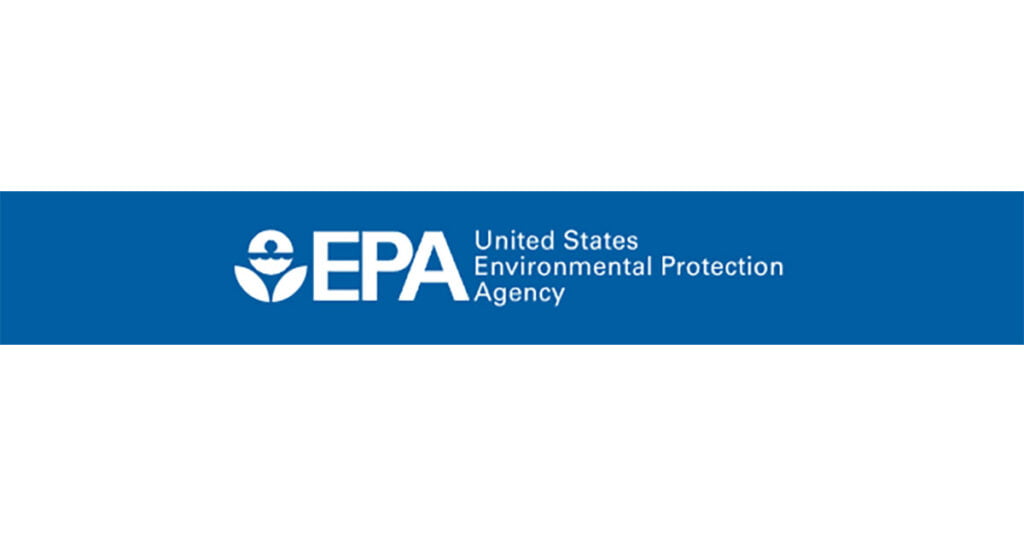 ArcelorMittal and its conservation partners announced Nov. 5 that it awarded $1.25 million in grants through the Chi-Cal Rivers Fund to improve and enhance waterways in the Chicago-Calumet region.
ArcelorMittal and its conservation partners announced Nov. 5 that it awarded $1.25 million in grants through the Chi-Cal Rivers Fund to improve and enhance waterways in the Chicago-Calumet region.
These investments will enhance fish and wildlife habitat, reduce stormwater runoff, and improve access to and use of natural areas, ArcelorMittal said in a statement. The grants will generate $5.6 million in matching contributions, for a total conservation impact of over $6.8 million.
Administered by the National Fish and Wildlife Foundation, the fund is supported in 2018 with contributions from ArcelorMittal, BNSF Railway, The Chicago Community Trust, The Crown Family, the Gaylord and Dorothy Donnelley Foundation, The Joyce Foundation, the U.S. Environmental Protection Agency, the U.S. Fish and Wildlife Service and the U.S. Forest Service. The latest grants mark the fund’s sixth annual slate of grants, bringing its total cumulative impact to more than $25 million.
“ArcelorMittal believes that the sustainability of our local waterways is critical for advancing conservation goals, enhancing ecosystem services and supporting climate resilience for the bistate Calumet region,” said Bill Steers, general manager of corporate responsibility for ArcelorMittal. “The Chi-Cal Rivers Fund demonstrates a shared commitment to enhancing the sustainability and resiliency of communities throughout the region. Our support of the fund – both as a founding member and through continued support – helps to bring this commitment to life.”
Jeff Trandahl, executive director and CEO of NFWF, said the Chi-Cal Rivers Fund serves as a model for how public-private partnerships can collectively enhance wildlife habitat and benefit communities.
“Through collaborative funding and strategic alignment, the fund is equipping communities with tools to naturally reduce stormwater runoff, restore degraded habitat, provide a healthy environment for wildlife and offer public green spaces,” he said.
The six grants awarded will enhance and restore wetland habitat for marsh birds in the Little Calumet region, improve habitat quality at Crooked Creek, increase stormwater storage capacity in the city of Robbins, Ill., and continue to improve habitat in Chicago and Northwest Indiana through tree planning and invasive species control. Collectively, the funded projects will, restore and enhance 357 acres of wetland and upland habitat; control invasive species on 525 acres; create and improve more than 10 acres of neighborhood green space; and add more than 750,000 gallons of stormwater storage.
The initiatives and organizations receiving funds include:
- Calumet Tree Conservation Corps (Illinois); grantee: Student Conservation Association; grant award: $152,748; matching funds, $200,401; total, $353,149;
- The Robbins Renewal Project (Illinois); grantee: OAI; grant award, $300,001; matching funds, $4,382,500; total, $4,682,501;
- Centennial Volunteers Network Restoration along the Chicago River (Illinois); grantee: Friends of the Forest Preserves; grant award, $114,930; matching funds, $294,000; total, $408,930;
- Enhancing Habitat Quality at Crooked Creek (Illinois); grantee, Friends of the Chicago River; grant award, $242,689; matching funds, $250,000; total, $492,669;
- Establishing the Little Calumet Marsh Bird Conservation Area (Indiana); grantee, National Audubon Society; grant award, $294,697; matching funds, $380,000; total, $674,697;
- Restoration and access improvements within the Little Calumet River conservation corridor (Indiana); grantee, Shirley Heinze Land Trust; grant award, $141,957; matching funds, $88,000; total, $229,957.
ArcelorMittal has a presence in 14 states, including Northwest Indiana, and employs about 18,000 people in those facilities.



